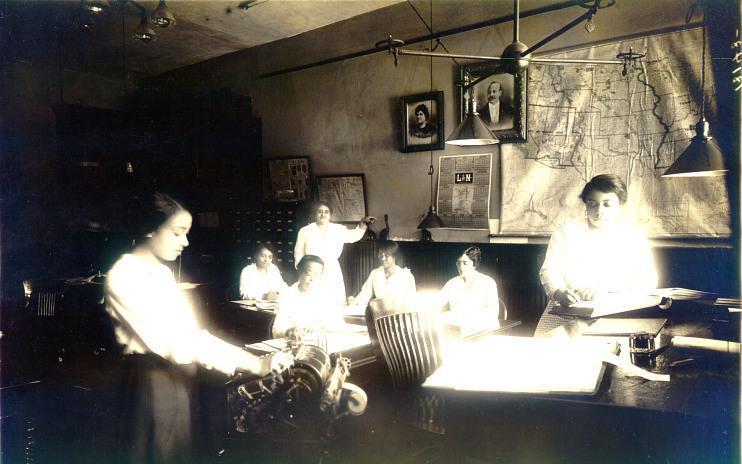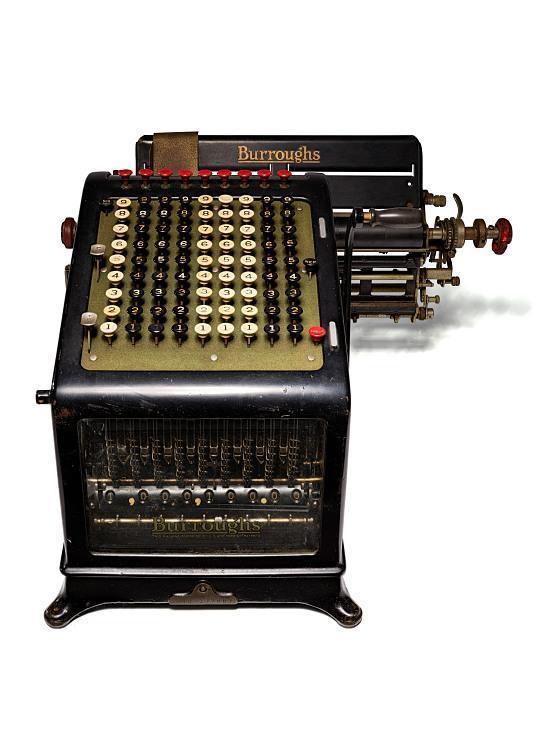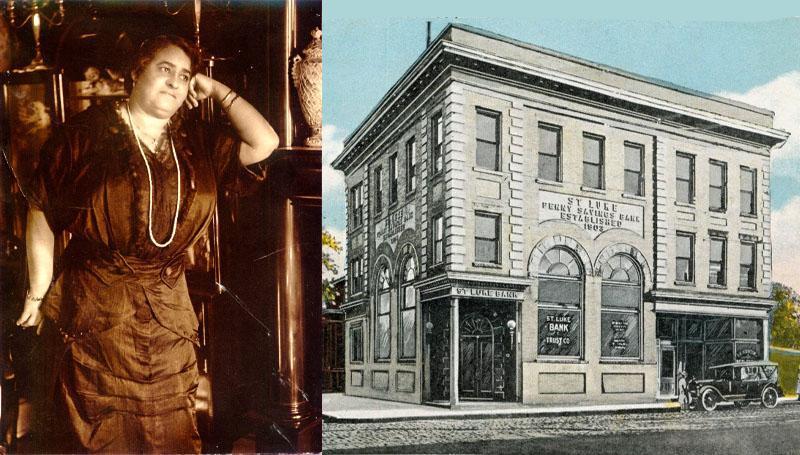Maggie Lena Walker was an African American businesswoman and civic activist who established and led the Saint Luke Penny Savings Bank in Richmond, breaking traditional gender and discriminating restrictions.
It was the United States’ oldest continuously African American–operated bank until 2010, when it was known as Consolidated Bank and Trust Company. Walker was also essential in creating a range of ventures that promoted the African American community while extending the public role of women in her job as grand secretary of the Independent Order of Saint Luke.
Walker accomplished substantial gains for African Americans by stimulating investment and collective action, despite the fact that she faced social, economic, and political restrictions in her life and business operations as an African American woman in the post–Civil War South.

Maggie Lena Walker did the unthinkable in 1903 when she established a bank and hired Black women to run it. Walker founded St. Luke Penny Savings Bank in the segregated South and dedicated her life to African American achievement. She pushed for Black working women and girls as the country’s only Black female bank president by providing jobs, sponsoring educational institutions, and engaging in key civil rights organizations.
Most African American women worked in the domestic service industry in the early 1900s. During this period, the Independent Order of St. Luke, which was founded by St. Luke Penny Savings Bank, employed a record number of African American women in white-collar jobs. Walker was noted for his strictness, which included not accepting tardiness and requiring employees to save or donate money to business fundraisers.

Maggie Lena Walker ensured that St. Luke Bank was using cutting-edge financial technology. Burroughs Company produced cutting-edge adding machines that were employed in financial institutions around the country. Accountants at the bank utilized machines like this on a daily basis.
Walker was a member of the National Training School for Women and Girls in Washington, D.C., which was founded by educator Nannie Helen Burroughs. Both ladies were active members of influential groups including the National Association of Colored Women and the National Association of Wage Earners. They fought for African Americans’ racial, economic, and political rights.

 The African History Truly African
The African History Truly African

